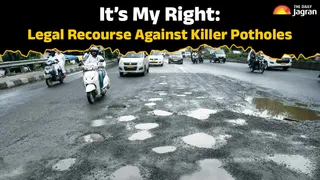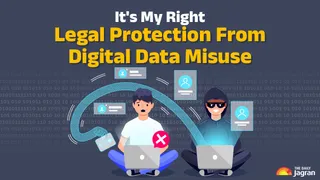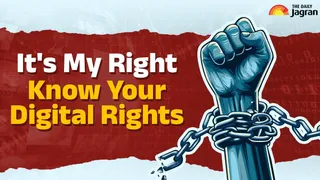- By Nidhi Giri
- Wed, 24 Sep 2025 03:29 PM (IST)
- Source:JND
It’s My Right: As the legal landscape evolves to include more participatory and solution-oriented approaches, mediation is emerging as a powerful tool for dispute resolution in India. Unlike litigation, which works on "win or lose situations", mediation allows a mutually satisfying outcome. Litigation is governed by an adversarial mechanism, and is frequently burdened by high costs, procedural complexity, and long delays. Mediation on the other hand offers a timely and cost-effective method of resolving disputes.
In an exclusive interview to The Daily Jagran, Supreme Court Judge Justice N Kotiswar Singh and former Delhi High Court Judge Justice Dr Sudhir Kumar Jain explain how mediation provides an easier route to dispute resolution in the Indian set up. Justice Kotiswar observes that the younger generation is increasingly drawn to its collaborative nature. "They are more informal, more inquisitive, and they ask questions. They are more explorative and accommodative," he says. Voicing similar sentiment, Justice Jain believes mediation can "save the young generation from very difficult and hostile litigation” as it facilitates settlement through "appropriate communication".
Take a glance:
In our previous article, we explained what mediation is and how it works. Here, we will explore the avenues of mediation and how citizens can access this provision.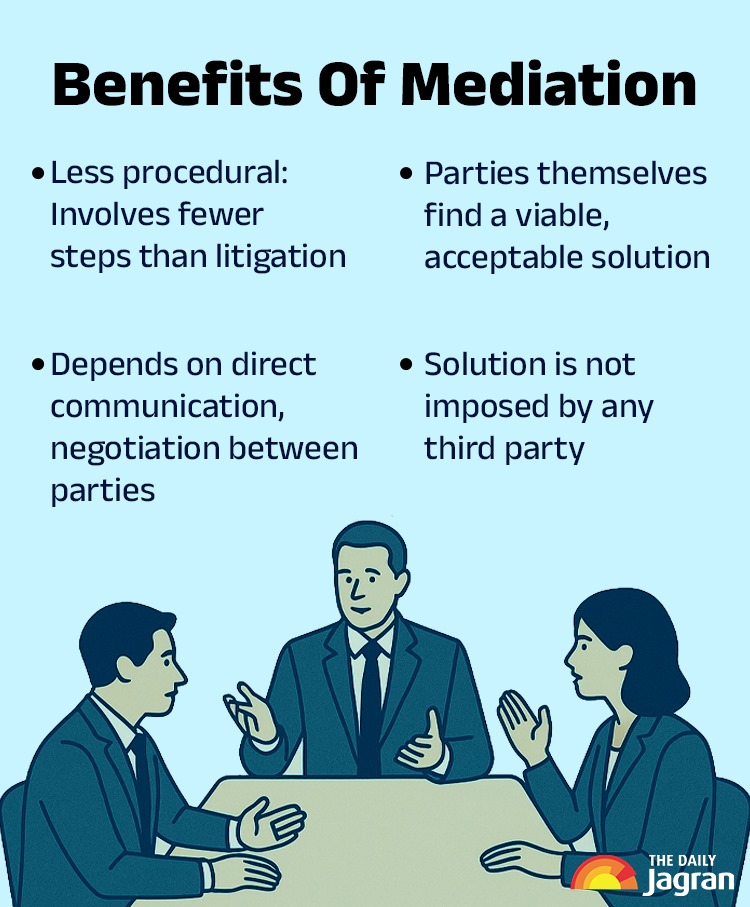
Cases That Can Be Referred For Mediation
-Matrimonial Disputes
-Criminal Cases
-Rent Matters
-Labour Management Disputes
-Personal Injury Cases
-Motor Accident Claim Cases
-Disputes Between Neighbours
-Community Disputes
-Compensation Cases
-Environmental Issues
-Compoundable Offences
ALSO READ: It's My Right: Everyday Laws That You Should Know
Mediation Process In Simple Steps
In India there are two types of mediations - private mediations and court annexed mediations. In private mediation, both sides mutually seek a neutral mediator to help them reach an agreement rather than approaching the court. Court annexed mediations can be done only on cases which are pending before the court.
Recommended For You
Justice Jain, who is also a memeber of the National Consumer Disputes Redressal Commission (NCDRC), explains how citizens can access mediation:
1. If the case is pending before the court, a request can be made to the judge to refer the case for mediation or parties may file an application for referral of their case for mediation.
2. In every court there is a mediation centre with trained mediators, who are vastly experienced to handle any kind of dispute.
3. In case of private mediation, people can approach mediation centres like the Delhi High Court Mediation and Conciliation Centre, which offer their services for private dispute resolution.
4. Apart from this, private institutions and mediators are also available to handle private communication.
5. Legal services authorities can be approached for meditation.
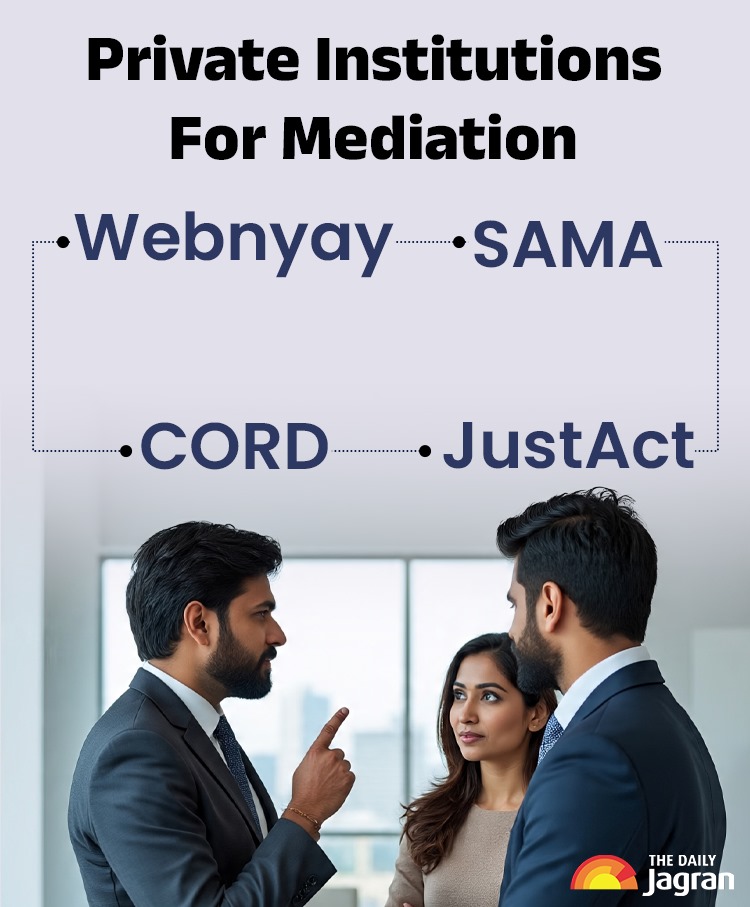
Highlighting the shift towards more inclusive mediation practices, Justice N Kotiswar Singh talks about initiatives that are broadening access to the process. He says, "The initiaive 'SANKALP - aao, baat kare' is doing a great job. Mediation training is given to lawyers in India by the National Legal Services Authority (NALSA). NALSA certifies mediators recognised by the court system. This process usually requires a minimum of 10 years of legal practice. But, at platforms like SANKALP, there is no such requirement. Anyone who is interested in mediation can join the training."
ALSO READ: It’s My Right: Legal Protections Every Woman Should Know During Arrest And Detention
Why Mediation?
Mediation finds its roots in India’s long-standing tradition of community-based dispute resolution, with growing acceptance among the youth. It aligns with the judiciary’s efforts to reduce pendency and improve access to justice.
"In India, we generally discuss each other's problems, openly talk about stuff unlike in the West, which is very individualistic. The idea of privacy is very important in the West. People don't like to share anything about their personal life. There is a difference in Western and Indian mindset. We are more social in nature," says Justice Kotiswar.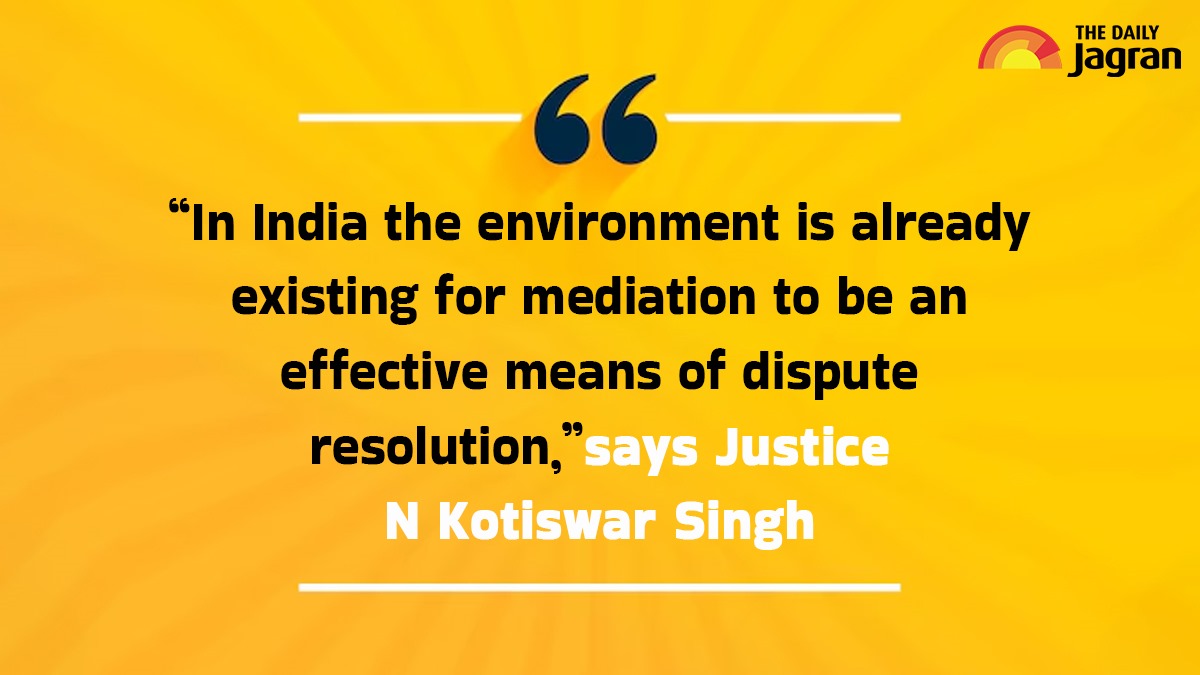
The Government of India has also given a lot of emphasis on mediation with the enactment of the Mediation Act 2023. Justice Kotiswar believes once mediation becomes popular, and begins to receive institutional backup and support, it is bound to attract the younger population.
(Disclaimer: This article is part of the series 'It's My Right'. The views expressed in the article are for informational purposes only and do not constitute legal advice. To read more articles in the series, click here)

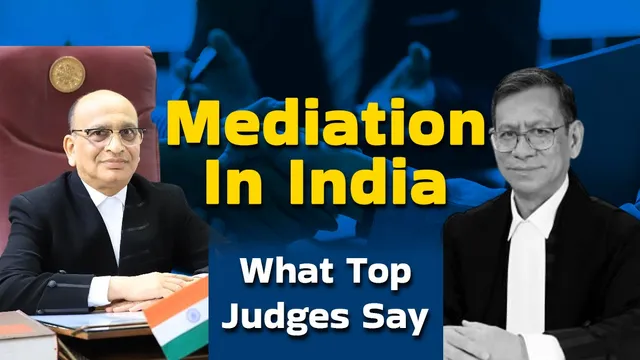
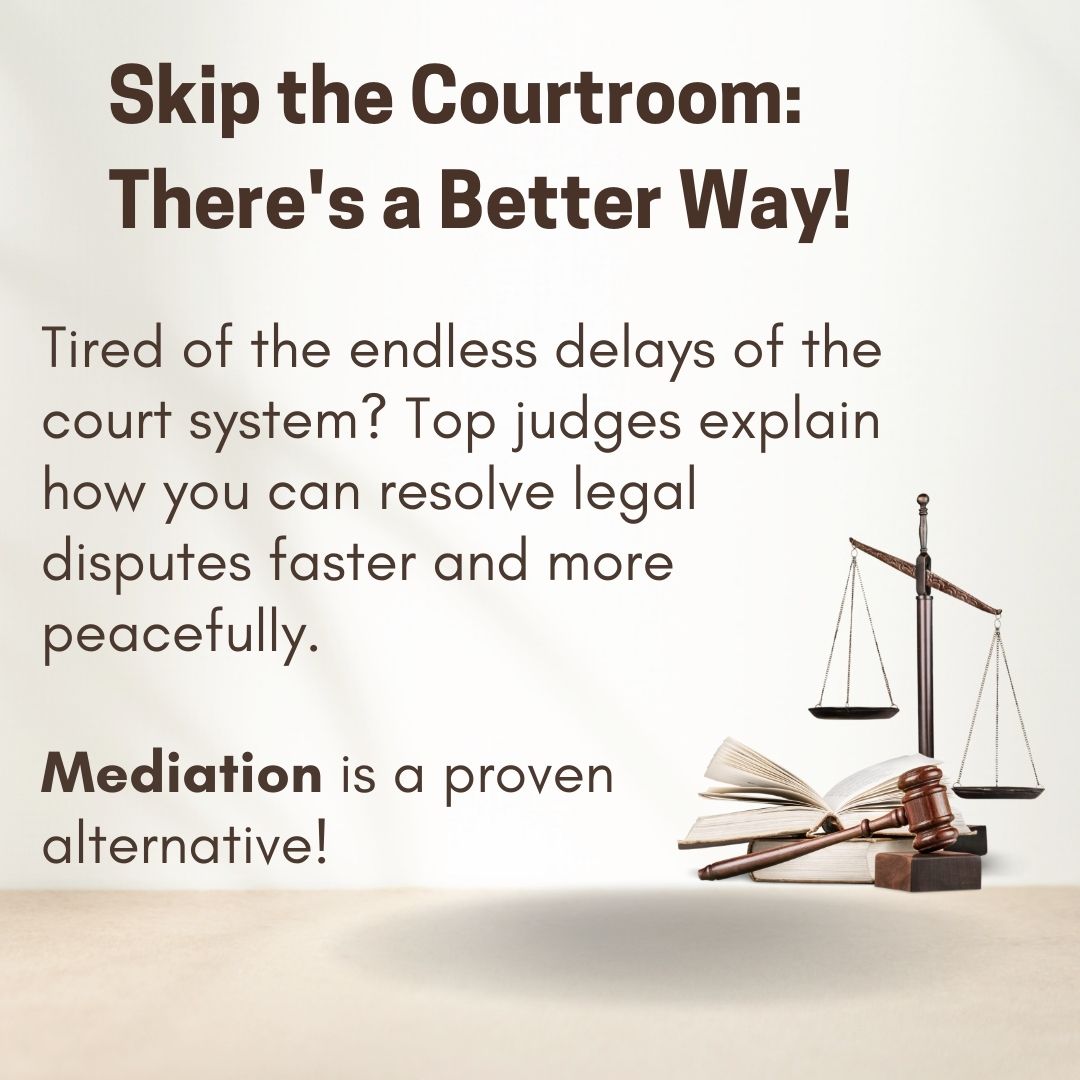
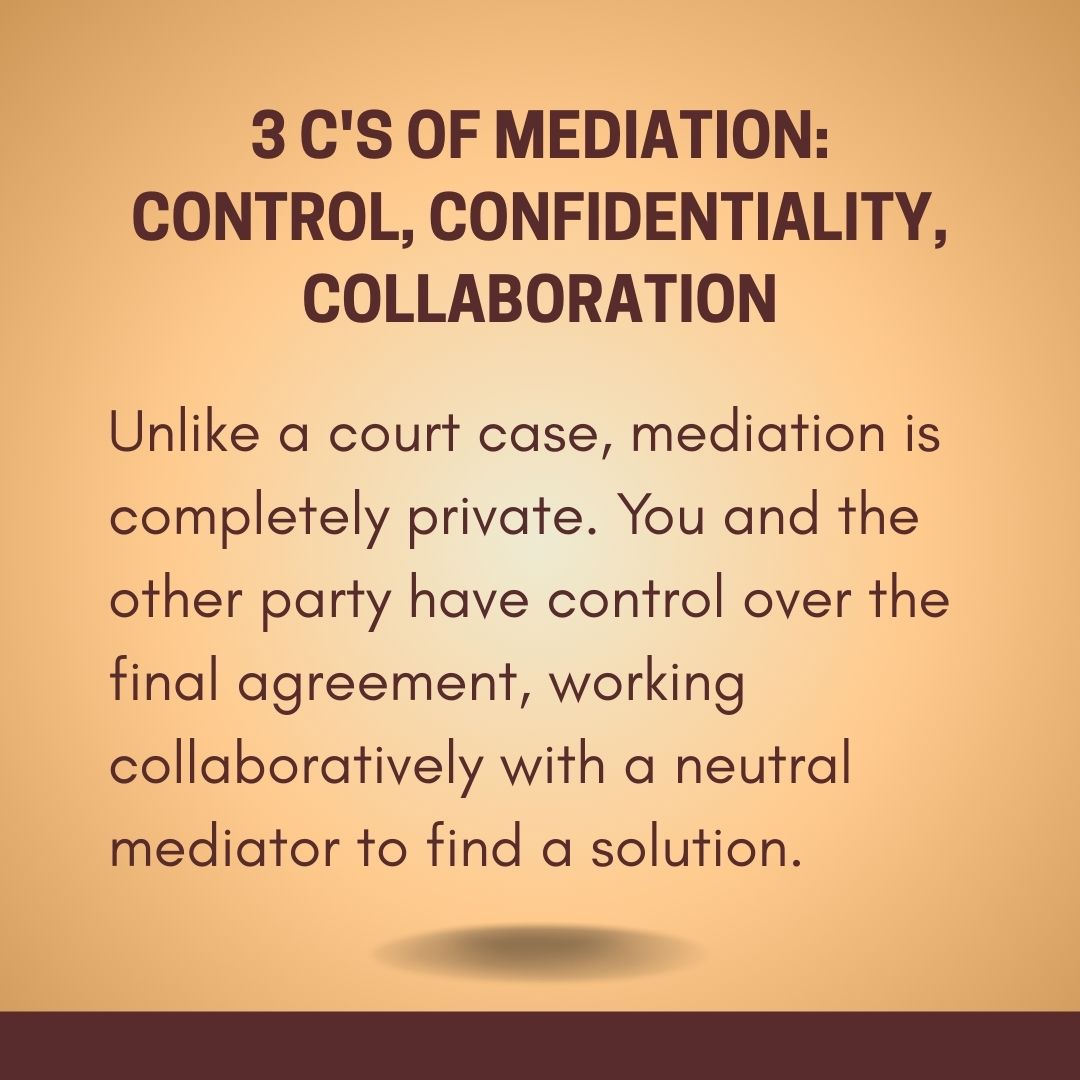
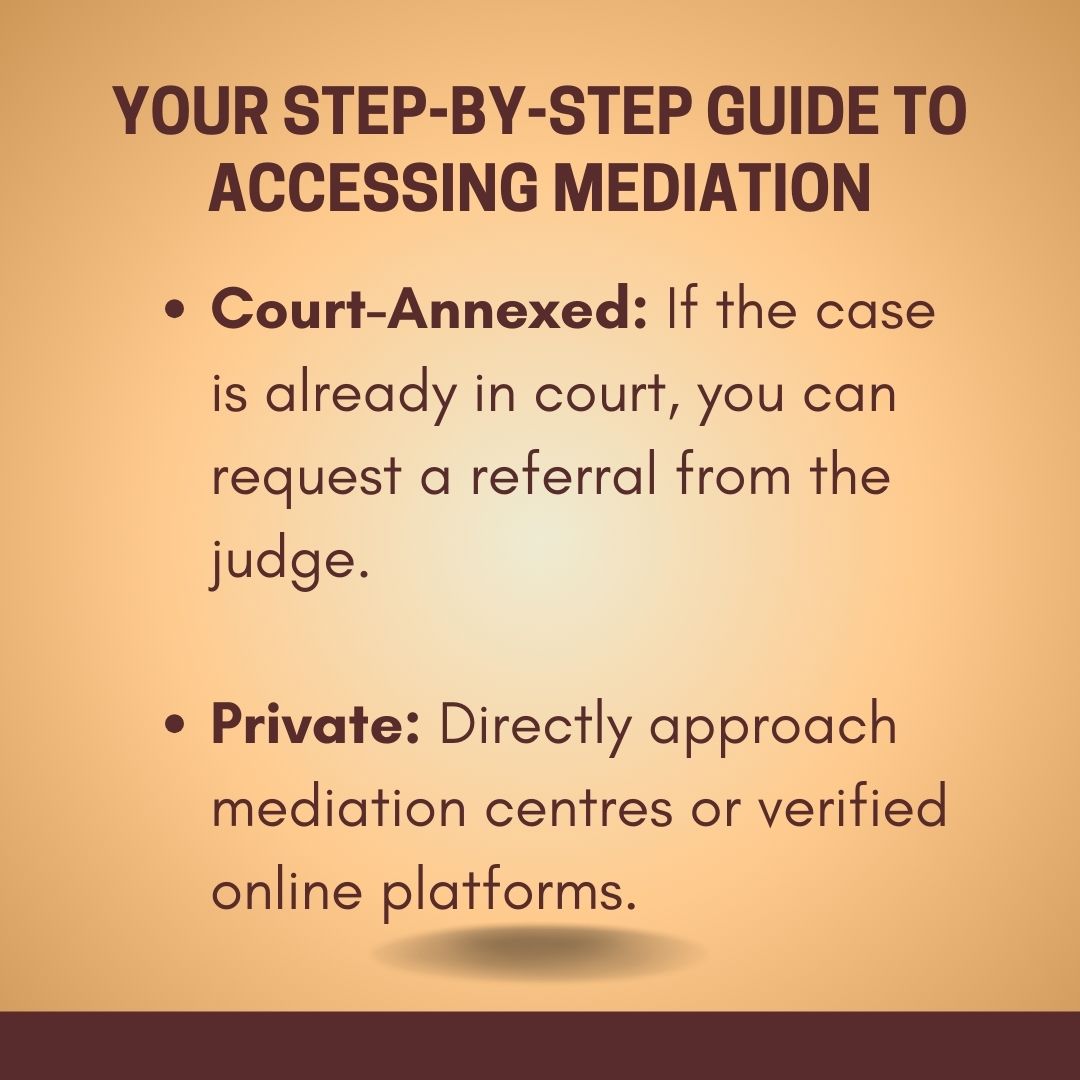
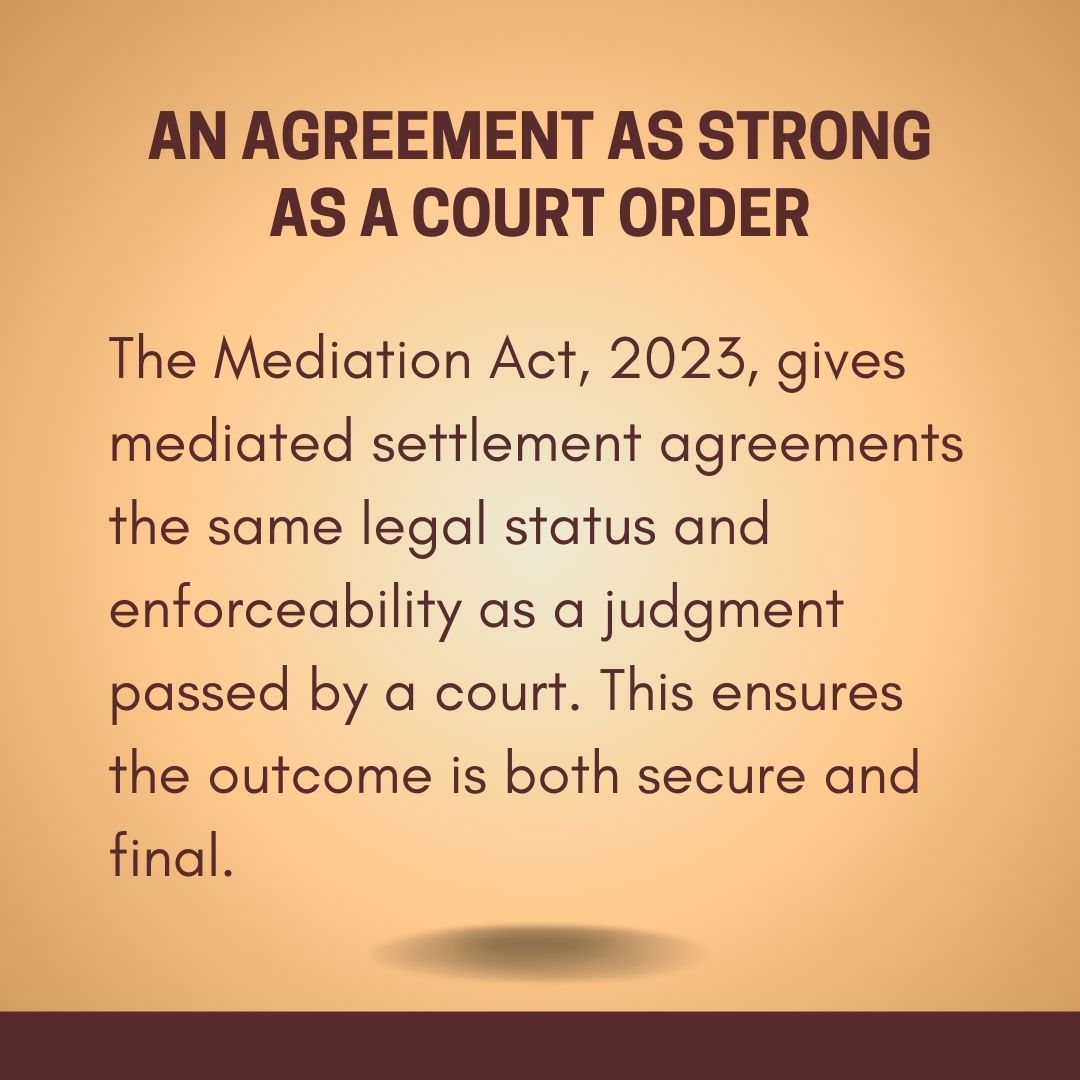
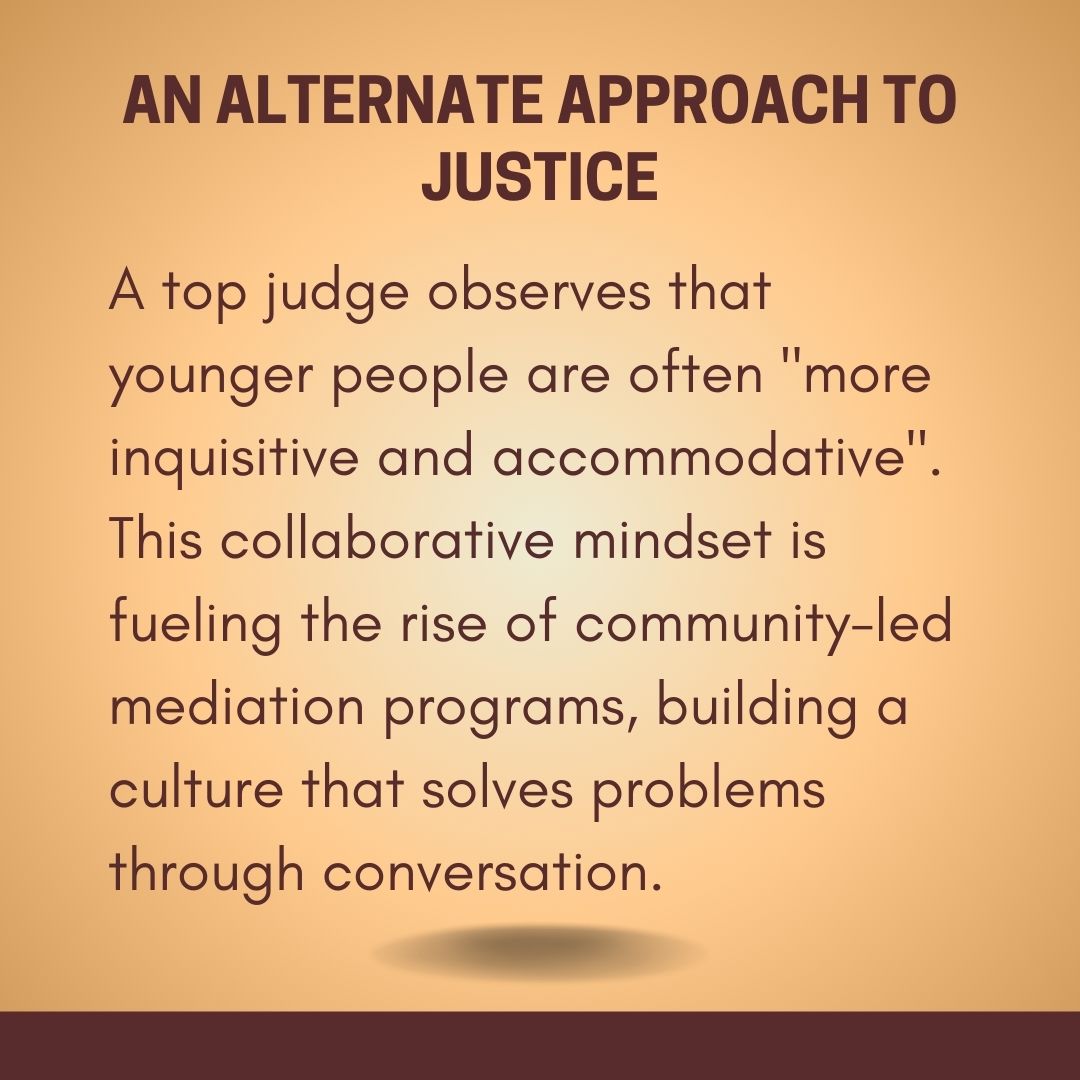

-1762924998307_m.webp)
